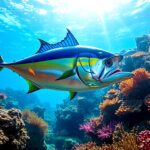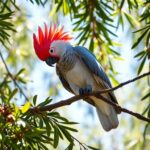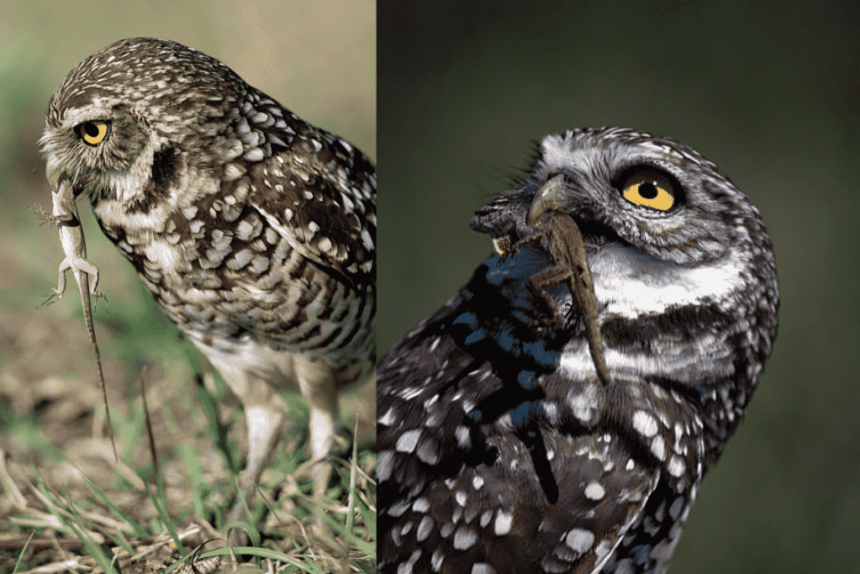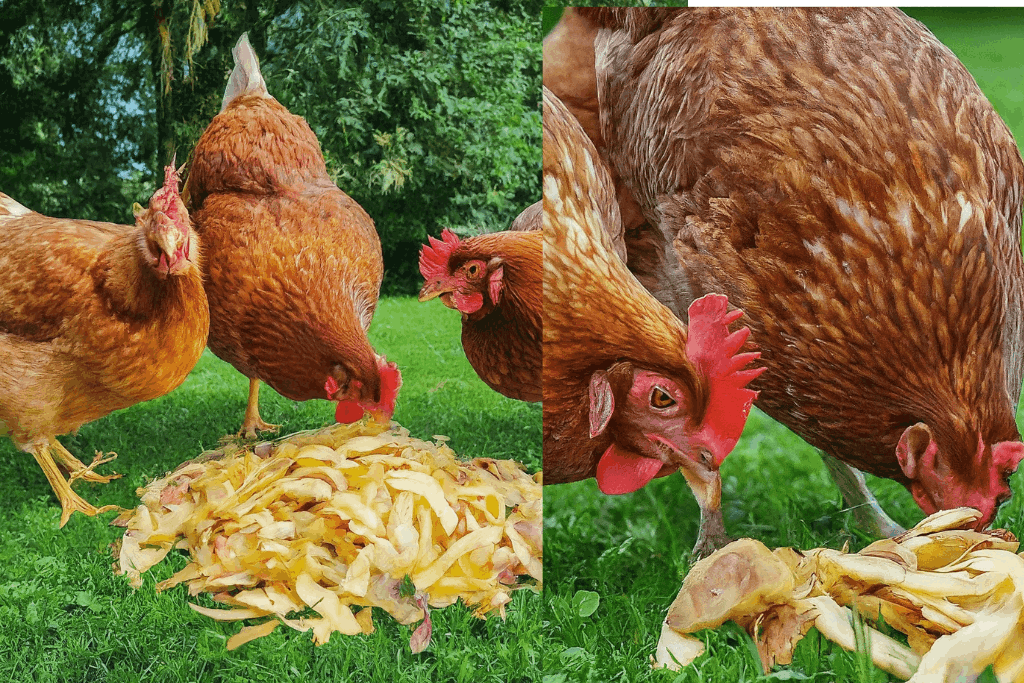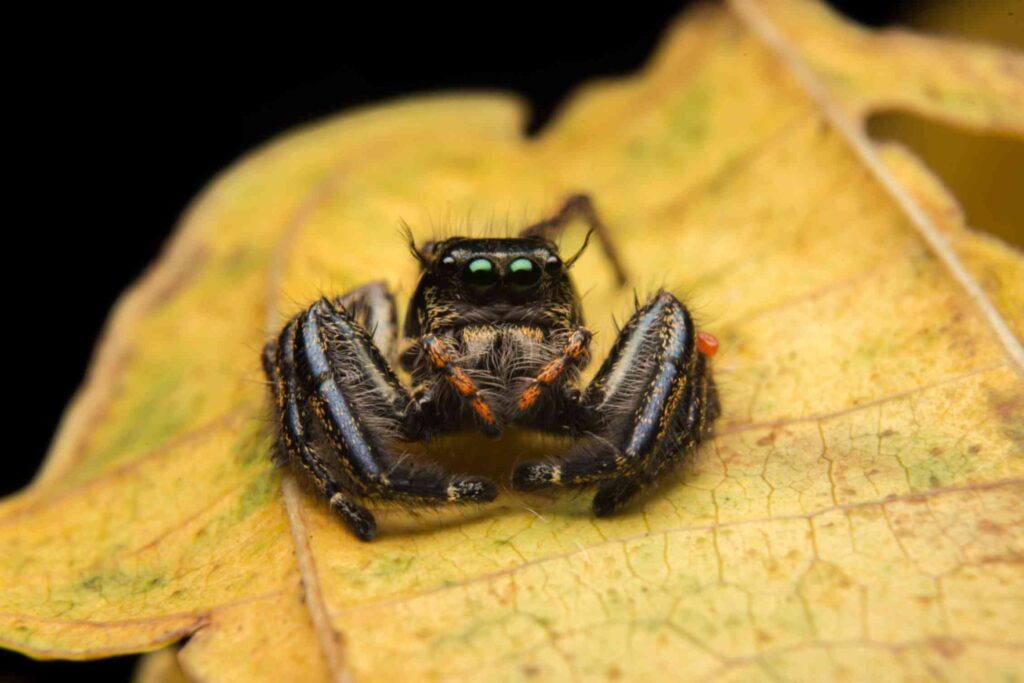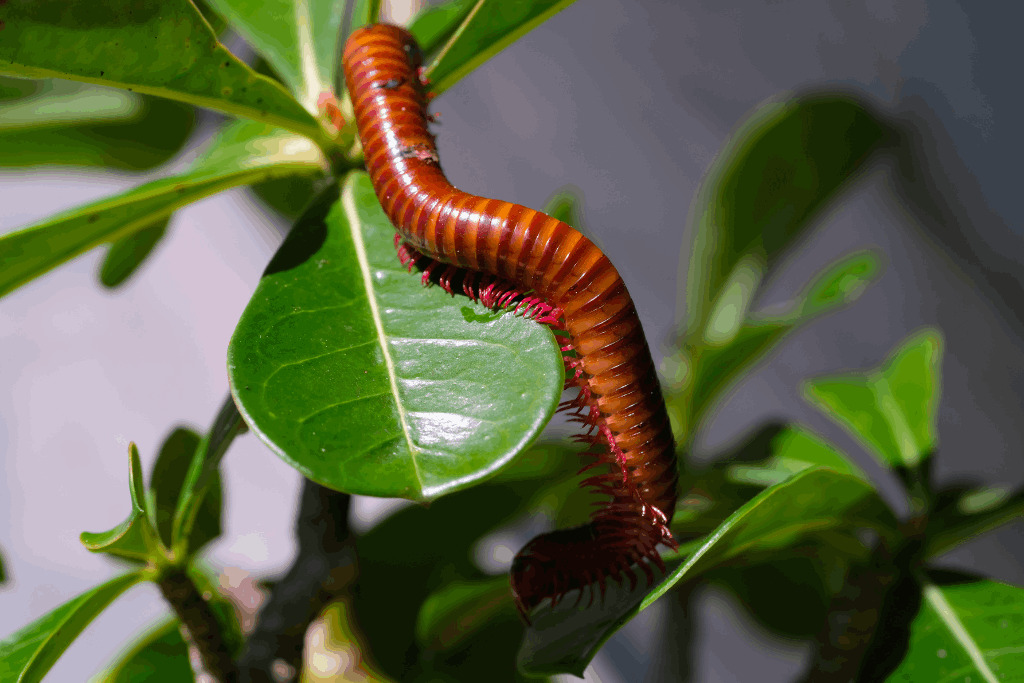Do Birds Eat Lizards
Birds are fascinating creatures, known for their varied diets and behaviors. One of the intriguing questions that arise in ornithology is whether birds eat lizards. The answer, while not straightforward, opens up a world of understanding about avian feeding habits, ecological interactions, and evolutionary adaptations. In this comprehensive article, we delve into the question: Do birds eat lizards?

The Dietary Habits of Birds
Birds are an incredibly diverse group, with food preferences ranging from seeds and nuts to insects and small mammals. What a bird eats is largely determined by its species, habitat, and food availability. Some birds are primary producers, while others are opportunistic and will eat a variety of foods.
Birds of prey and prey
Birds of prey, also known as raptors, are primarily predatory birds that catch and eat other animals. This group includes herons, geese, herons and geese. These birds have got sharp feet, sharp beaks and keen eyesight, making them formidable hunters. Dogs tend to be more prey meat by being smaller and easier to spot.
Opportunity to feed
Except for hunters in particular, many birds are opportunistic feeders. This means that, given the opportunity, they will eat a wide variety of foods, including dogs. Owls, magpies, and some species of owls have also been known to catch and eat squirrels. These birds are not exclusively carnivorous but will supplement their diet with animal protein when available.
Bird Species Known to Eat Lizards
Hawks and Eagles
Hawks and eagles are a number of the most well-known predators of lizards. These birds of prey are prepared with powerful talons and beaks designed to capture and kill small animals. Species including the Red-tailed Hawk and the Golden Eagle are acknowledged to seek lizards frequently.
Owls
Owls are nocturnal hunters that prey on a number of small animals, consisting of lizards. Their exceptional night vision and silent flight make them effective hunters inside the dark. The Barn Owl and the Great Horned Owl are examples of owl species that include lizards in their weight loss program.
Kookaburras
Native to Australia, kookaburras are known for his or her one of a kind call and their eating regimen that consists of lizards. These birds belong to the kingfisher circle of relatives and are professional hunters of small vertebrates. The Laughing Kookaburra is especially recognized for its predation on lizards.
Herons and Egrets
Wading birds like herons and egrets are commonly recognized for feeding on fish and amphibians. However, they’re also opportunistic feeders and could eat lizards whilst available. The Great Blue Heron and the Little Egret are examples of such birds.
Crows and Magpies
Crows and magpies are enormously wise birds with varied diets. They are opportunistic feeders and were observed catching and ingesting lizards. These birds are not specialised predators but will take benefit of any to be had meals sources.
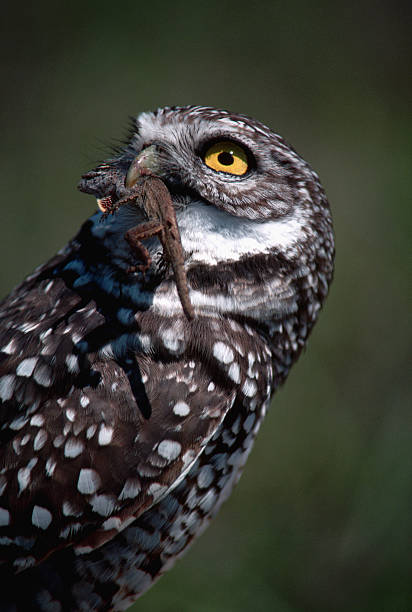
Hunting Techniques and Adaptations
Deer hunters have developed different hunting strategies and adaptations to catch elusive prey. Raptors like eagles and hawks can spot deer from a distance with their keen eyesight, and their powerful talons trap and kill them Deer rely on their silent flight and exceptional night vision for hunting deer in the dark.
Kookaburra and other kingfishers use a different strategy. They usually sit quietly watching them fly on the ground. If they see a deer, they quickly fly down to catch it. Herons Herons, on the other hand, roam shallow water or meadows with their long legs, striking deer with their sharp beaks
Ecological Impact of Bird Predation on Lizards
Squirrel predation has important environmental impacts. The birds help control deer populations, which can have a significant impact on the ecosystem. For example, by controlling the number of bats, birds indirectly influence the number of insects and other small animals that bats eat.
Furthermore, the presence of birds of prey can influence the population behavior and distribution of sharks. Dogs may change habitat use, become more vigilant, or experience anti-predator adaptations such as camouflage in response to bird predation
Evolutionary Arms Race
The predator-prey
relationship between birds and lizards is a conventional instance of an evolutionary fingers race. As birds evolve higher searching techniques and diversifications, lizards concurrently develop better defenses. This dynamic interplay drives the evolution of both businesses, main to a captivating array of diversifications and behaviors.
Bird Adaptations
Birds that hunt lizards have developed diverse adaptations to decorate their looking efficiency. Raptors have evolved sharp talons and beaks, eager eyesight, and powerful flight muscular tissues. Owls have specialised feathers for silent flight and incredible night vision. Kookaburras and herons have evolved quick, particular hanging skills.
Lizard Defenses
In reaction to fowl predation, lizards have developed quite a number protective strategies. These consist of cryptic colour that helps them mixture into their surroundings, the capacity to shed their tails (autotomy) to escape predators, and behaviors including freezing or fleeing at the sight of a hen.
Conclusion
In conclusion, many species of birds do eat squirrels, and the responses of different groups of birds vary greatly. Raptors like owls and hawks, nocturnal hunters like hawks, and opportunistic predators like kookaburras and crows all include squirrels in their diets These predators gain access to the environment dramatically affects shark populations and drives evolutionary changes in predators and prey
The interaction between birds and bats is a dynamic and fascinating biological phenomenon, reflecting the ecological balance and evolutionary arms race between predator and predator


